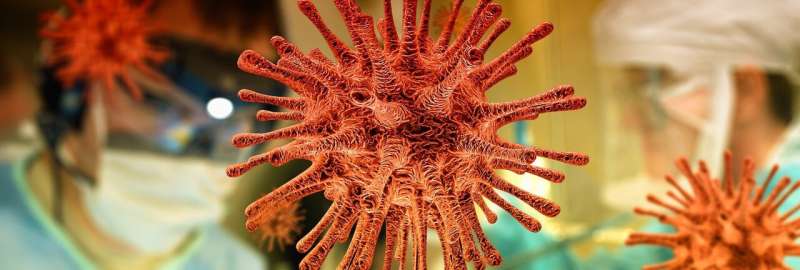
India on Monday stepped up efforts to bolster trust in coronavirus vaccines after it was revealed that nearly a third of those invited to get jabs at the launch of a nationwide drive failed to turn up.
The government has launched one of the world’s most ambitious vaccine programmes, aiming to innoculate 300 million of the 1.3 billion population by July.
In the first two days of the drive, which started Saturday, the government said 224,000 of 300,000 planned vaccinations were carried out.
In the capital New Delhi, only 53 percent of people came forward for jabs, according to a health official.
“These are initial days and we understand people are waiting to see how the procedure pans out and how other vaccines fare,” said Suneela Garg, a member of the coronavirus task force for the capital.
“These numbers will go up as confidence is strengthened. And for that, we have to tackle misinformation.”
The Hindu newspaper reported that in the southern state of Tamil Nadu, the turnout was only 16 percent.
At a community health centre in Rohtak district in the northern state of Haryana, only 29 out of 100 people expected showed up, a doctor there told AFP.
“People are very scared. We can’t force anyone to take the vaccine, it is voluntary,” said the doctor, speaking on condition of anonymity.
With public doubt about the drugs spreading on social media, Health Minister Harsh Vardhan changed his Twitter profile header to say “VACCINES WORK”.
“From the very beginning, we have warned people not to be worried about this misinformation that is being spread,” Vardhan told media.
India has the world’s second-largest number of coronavirus cases, almost 10.5 million.
It has so far approved two vaccines for use, one of which is yet to complete its clinical trials.
Media reported that one hospital employee who had a vaccine shot in the northern state of Uttar Pradesh on Saturday died a day later after complaining of chest congestion and breathlessness.
Local health authorities have insisted that the death was unrelated to the vaccine, however.
Source: Read Full Article